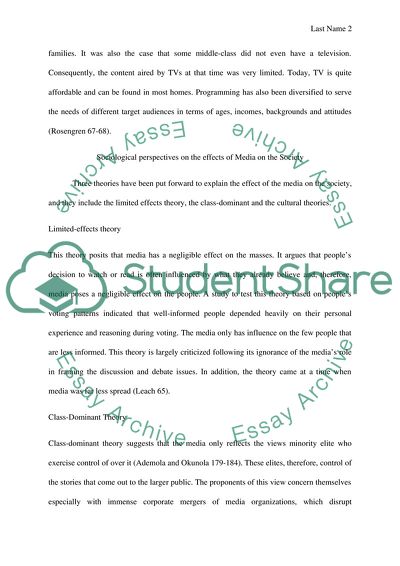Cite this document
(“How Mass Media effects on society and how was it through years Research Paper”, n.d.)
How Mass Media effects on society and how was it through years Research Paper. Retrieved from https://studentshare.org/sociology/1670413-how-mass-media-effects-on-society-and-how-was-it-through-years
How Mass Media effects on society and how was it through years Research Paper. Retrieved from https://studentshare.org/sociology/1670413-how-mass-media-effects-on-society-and-how-was-it-through-years
(How Mass Media Effects on Society and How Was It through Years Research Paper)
How Mass Media Effects on Society and How Was It through Years Research Paper. https://studentshare.org/sociology/1670413-how-mass-media-effects-on-society-and-how-was-it-through-years.
How Mass Media Effects on Society and How Was It through Years Research Paper. https://studentshare.org/sociology/1670413-how-mass-media-effects-on-society-and-how-was-it-through-years.
“How Mass Media Effects on Society and How Was It through Years Research Paper”, n.d. https://studentshare.org/sociology/1670413-how-mass-media-effects-on-society-and-how-was-it-through-years.


